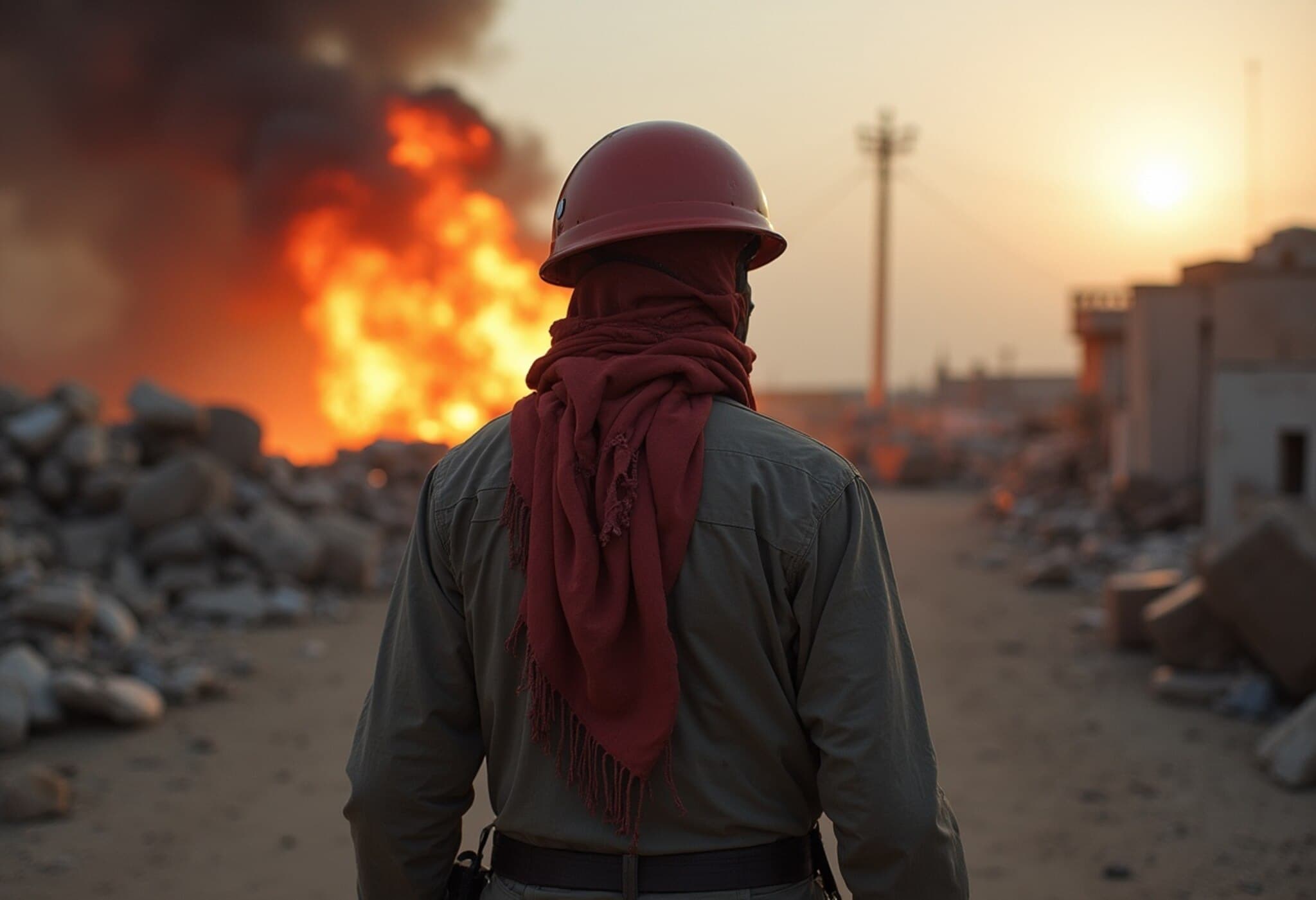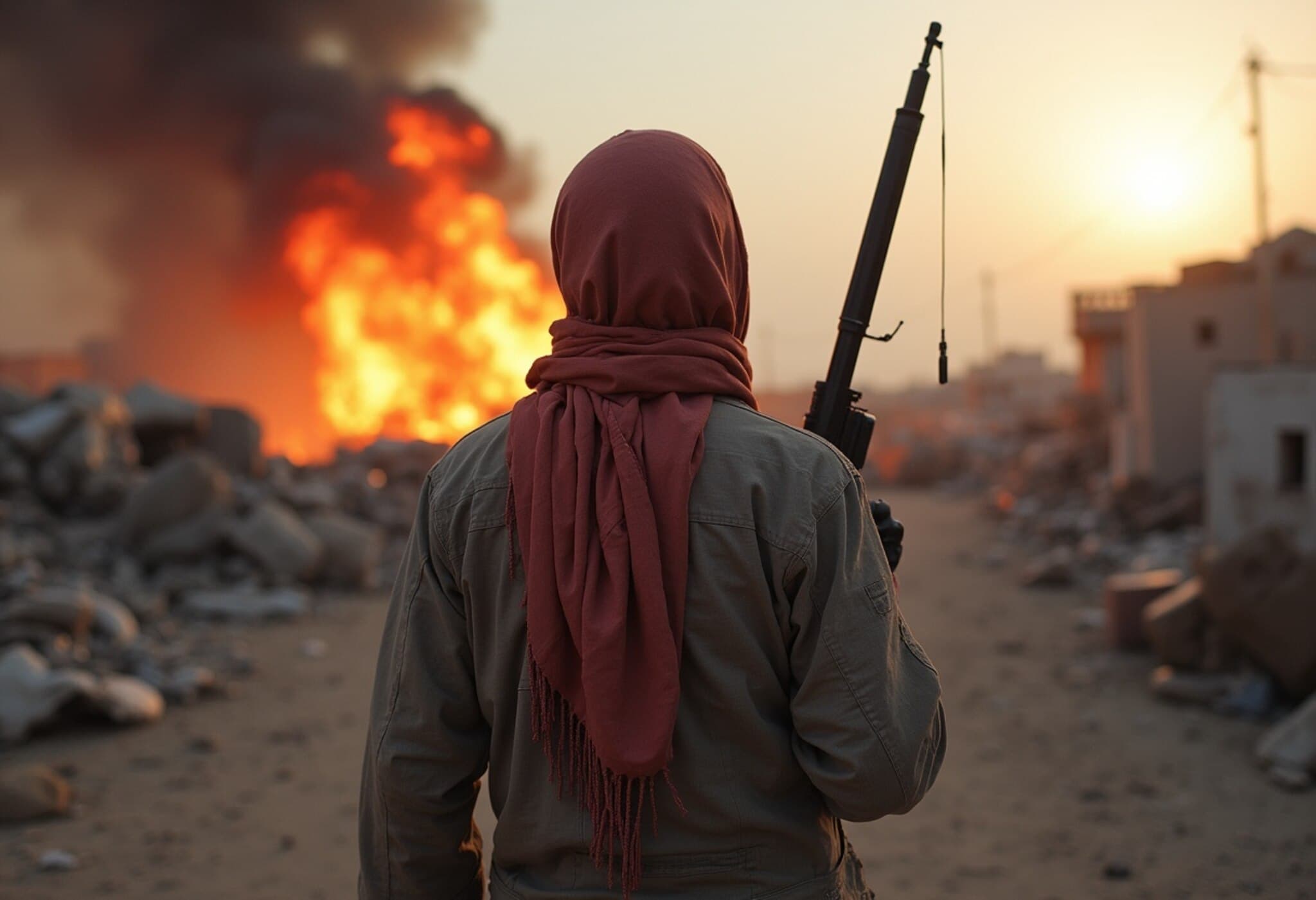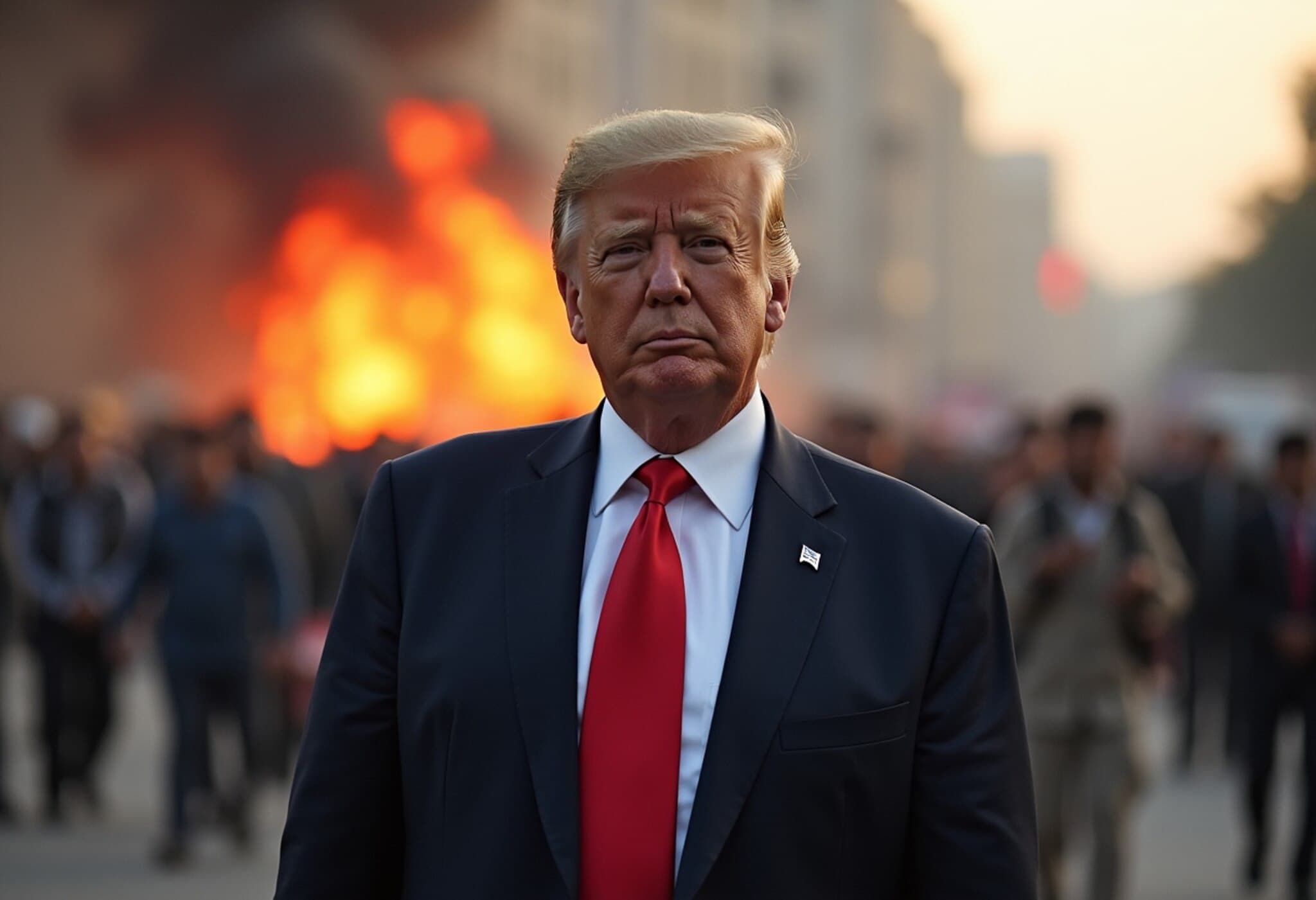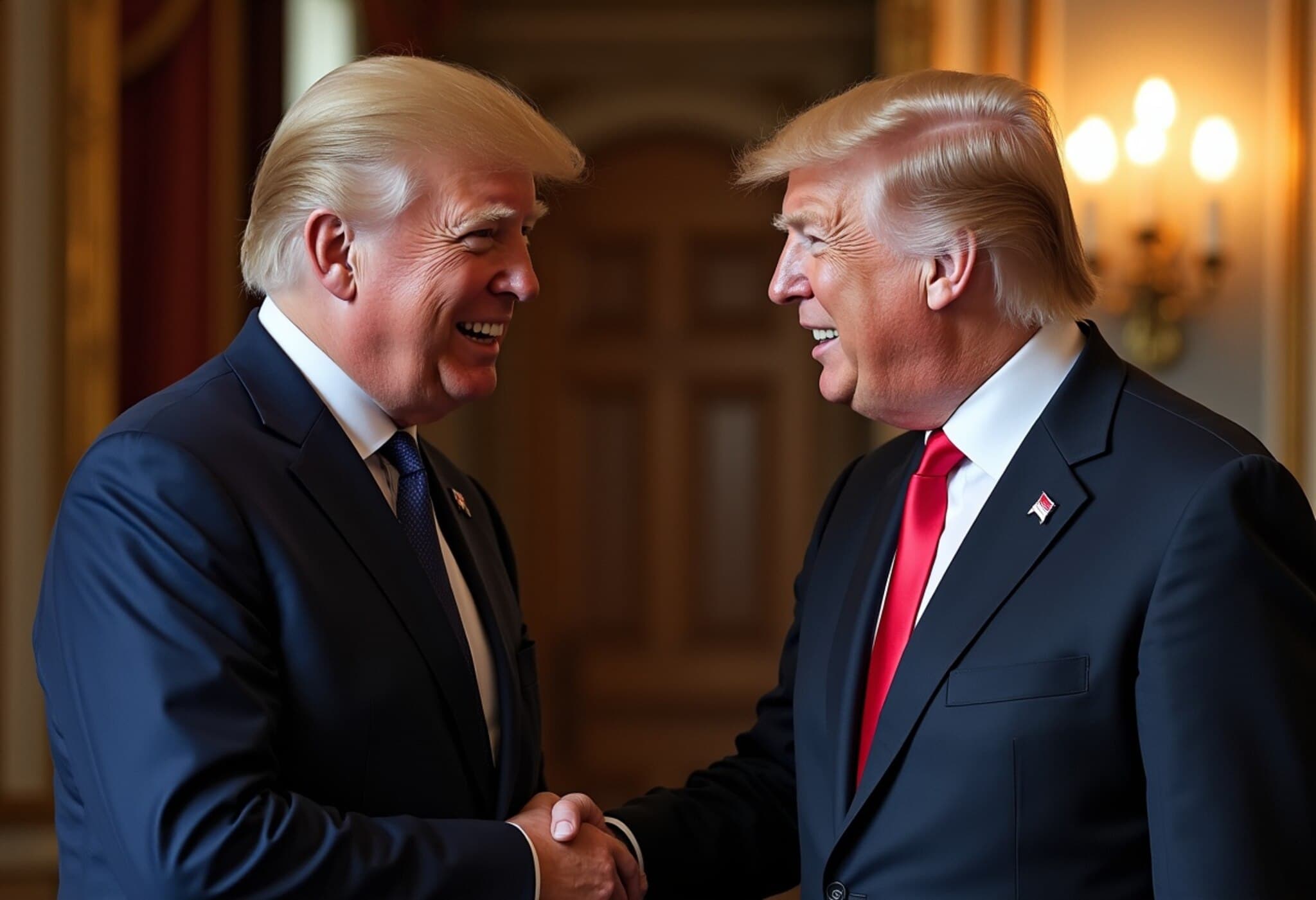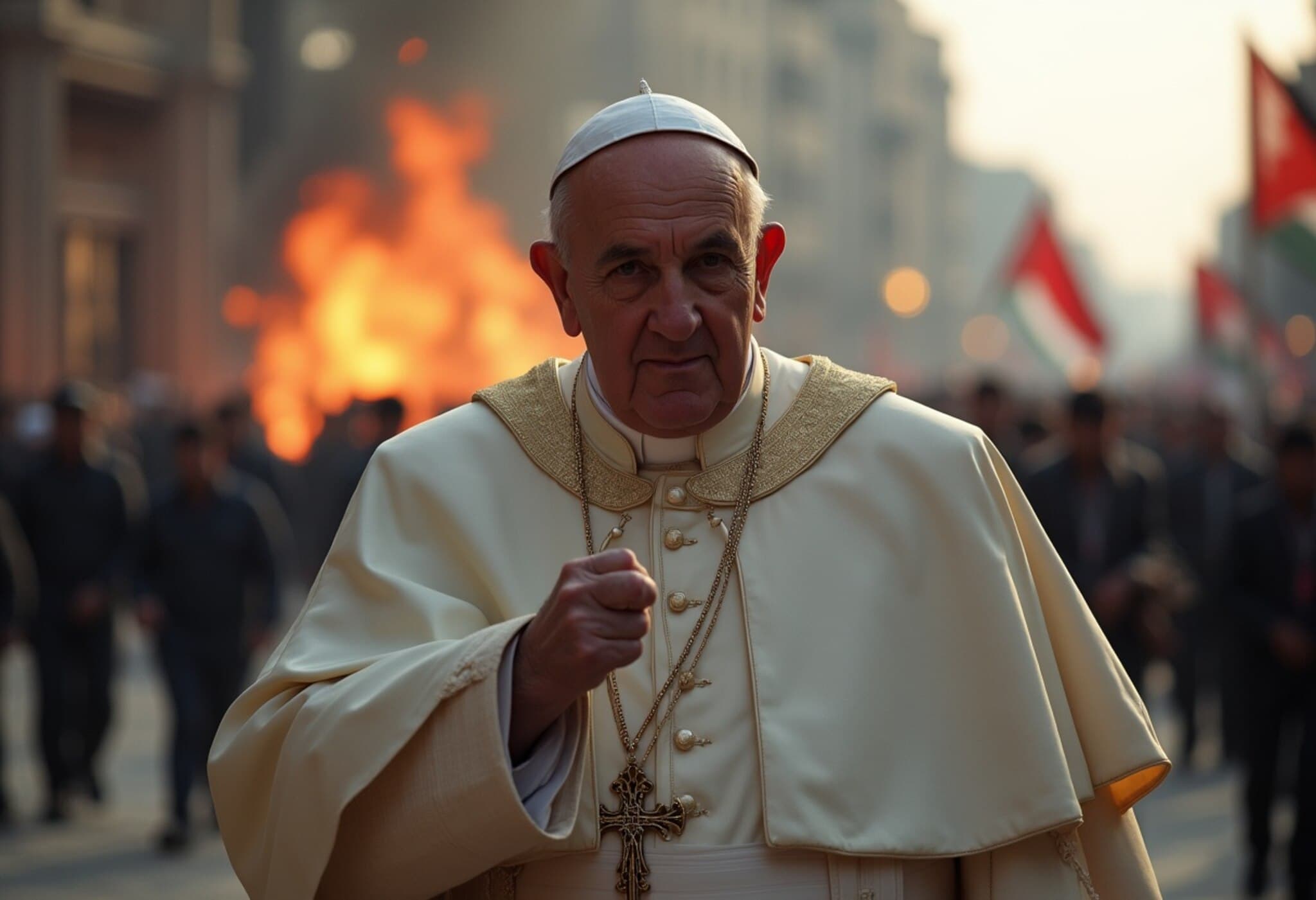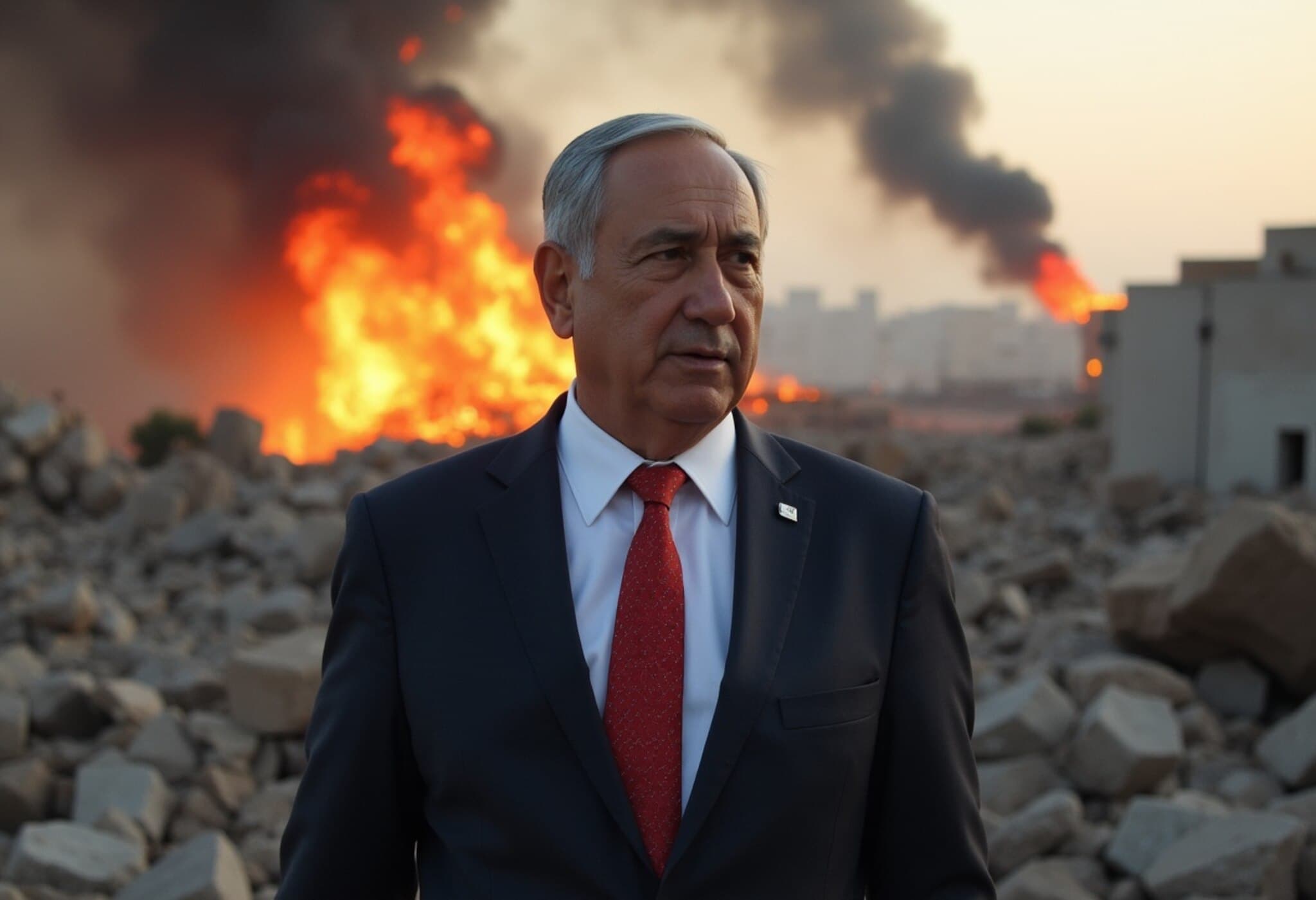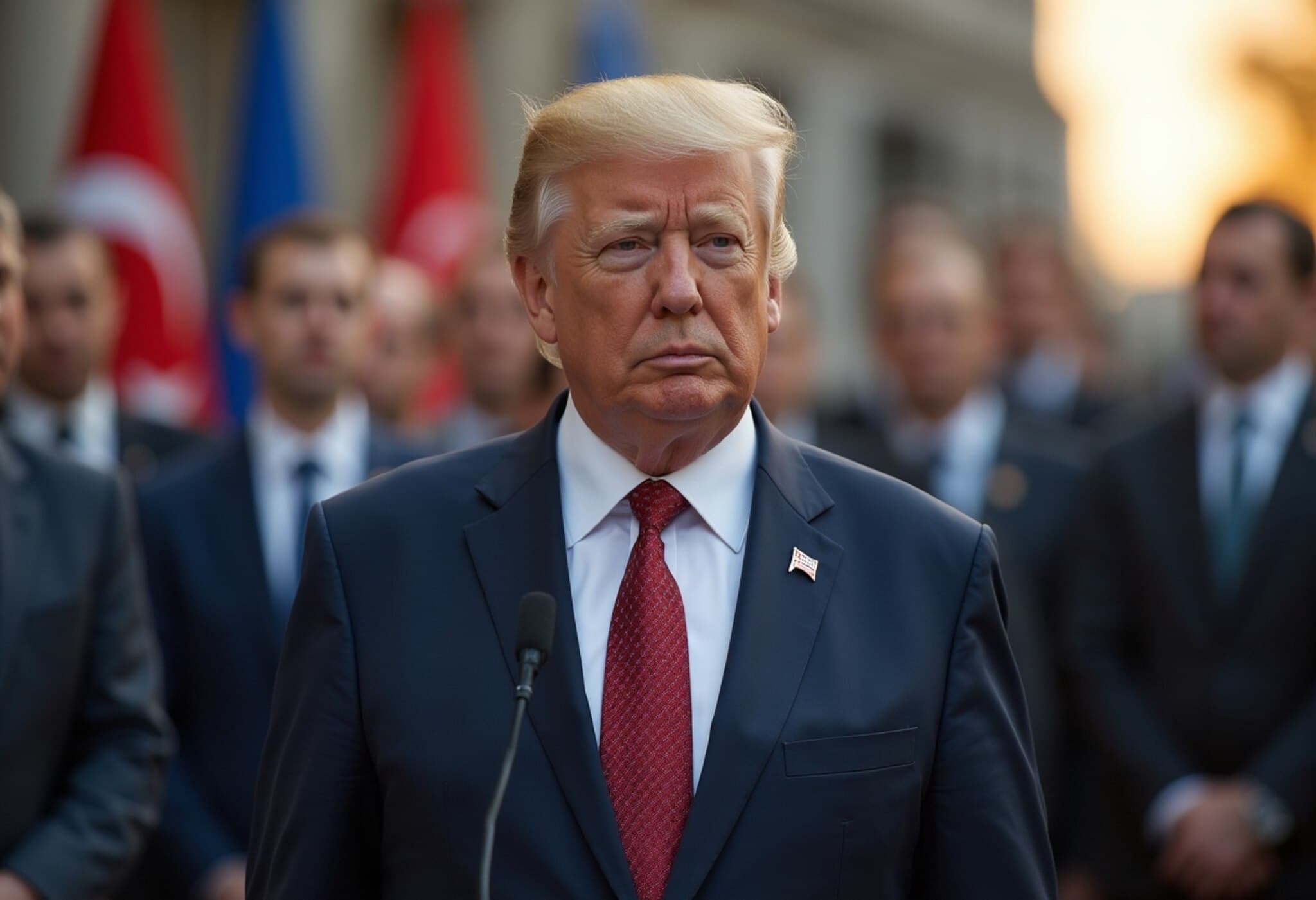UK and 24 Countries Call for Unconditional Ceasefire in Gaza
On July 21, 2025, the United Kingdom, alongside 24 other Western nations, issued a compelling joint call for an immediate, unconditional, and permanent ceasefire to halt the ongoing devastation in Gaza. This unified appeal reflects growing international alarm over a humanitarian catastrophe described as having “reached new depths.”
International Coalition Voices Urgency
The coalition includes Australia, Canada, France, Italy, Japan, Switzerland, New Zealand, and numerous European Union member states. Their statement urgently cautions that continuing bloodshed is futile and catastrophic, emphasizing the need for collective diplomatic pressure to end hostilities and prevent further civilian casualties.
Backing ceasefire efforts championed by the United States, Qatar, and Egypt, they declared: “We urge all parties and the global community to unite in a common effort to bring this terrible conflict to a close.” The signatories also pledged readiness to implement decisive measures to bolster ceasefire implementation.
Strong Condemnation of Israeli Aid Restrictions
The statement delivers a rare and pointed critique toward Israel’s management of humanitarian aid. It denounces the Israeli-backed Gaza Humanitarian Foundation (GHF) as “dangerous,” accusing it of undermining Palestinian dignity amidst the siege.
“We condemn the gradual, insufficient release of aid alongside the relentless killing of civilians — including children — who are striving to secure basic necessities like water and food,” the document asserts. The coalition categorically deems Israel’s blockade and denial of essential relief as unacceptable violations of humanitarian principles.
In calls that echo concerns raised by the United Nations, the group demands an immediate lifting of all restrictions to enable UN agencies and humanitarian organizations to operate safely and effectively in Gaza, where lethal conditions compound daily struggles.
Recent UN reports spotlight the tragedy, revealing that 875 Palestinians were killed attempting to access food supplies from GHF aid convoys — emblematic of life-threatening desperation in the enclave. The GHF, controversially favored over traditional UN relief channels, has become a focal point of scrutiny.
Addressing Hostage Detentions and Displacement Warnings
Beyond aid, the coalition condemns Hamas’s ongoing detention of hostages, demanding their “immediate and unconditional release.” It stresses that a negotiated ceasefire remains the best hope for securing their safe return.
The statement also warns vehemently against Israeli plans to relocate Palestinians into a so-called “humanitarian city.” Such moves are described as attempts at permanent forced displacement and a breach of international law. The signatories reaffirm their opposition to any form of territorial or demographic alteration in the Occupied Palestinian Territories, reaffirming longstanding principles of sovereignty and human rights.
Regional and Global Implications
This united Western front arrives amid increasing pressure on international actors to address the Gaza conflict’s spiraling humanitarian disaster and geopolitical complexities. For U.S. policymakers and diplomats, supporting the ceasefire aligns with long-standing interests in regional stability and counterterrorism while grappling with the ethical imperative to protect civilian lives.
Similarly, European nations face domestic demands for humane foreign policy responses—a reflection of growing public awareness and media coverage highlighting Gaza’s plight.
Hadja Lahbib, EU Commissioner for Equality, Preparedness and Crisis Management, personally endorsed the statement, signaling the European Union’s elevated commitment to crisis resolution and humanitarian accountability.
Summary Box: Key Takeaways
- Joint Call: UK plus 24 countries urge an immediate, unconditional ceasefire in Gaza to end escalating civilian suffering.
- Humanitarian Concerns: Sharp criticism of Israeli aid restrictions and the Gaza Humanitarian Foundation’s role amid lethal shortages.
- Hostage Crisis: Demand for Hamas to release hostages as part of broader peace negotiations.
- Displacement Warning: Opposition to Israeli plans for forced Palestinian relocation, reaffirming international law protections.
- Geopolitical Stakes: Reflects shifting dynamics and increasing Western diplomatic engagement to de-escalate Gaza conflict.
Editor’s Note
The coordinated statement by the UK and its allies marks a pivotal moment in international efforts to alleviate the Gaza humanitarian crisis. Yet, it raises challenging questions: Can a ceasefire hold amid deep-rooted conflicts and divergent interests? How will global powers balance political alliances with human rights obligations? As the situation unfolds, sustained pressure for transparency, aid access, and protection of civilians remains crucial.
For American policymakers and global observers alike, this development underscores the urgent need for a nuanced approach—one that honors international law, addresses humanitarian imperatives, and pursues durable peace.

